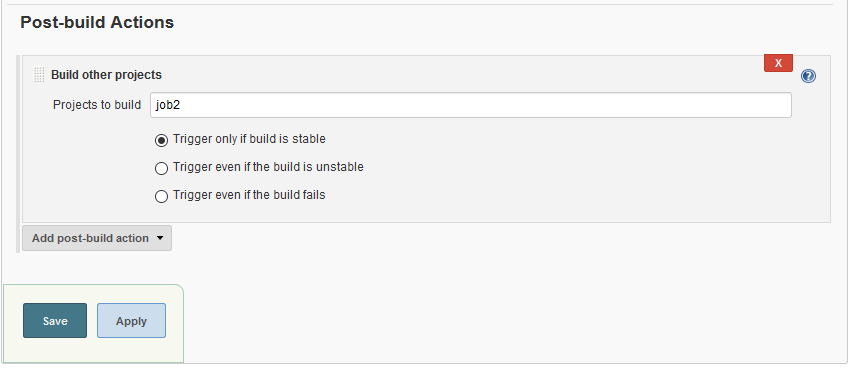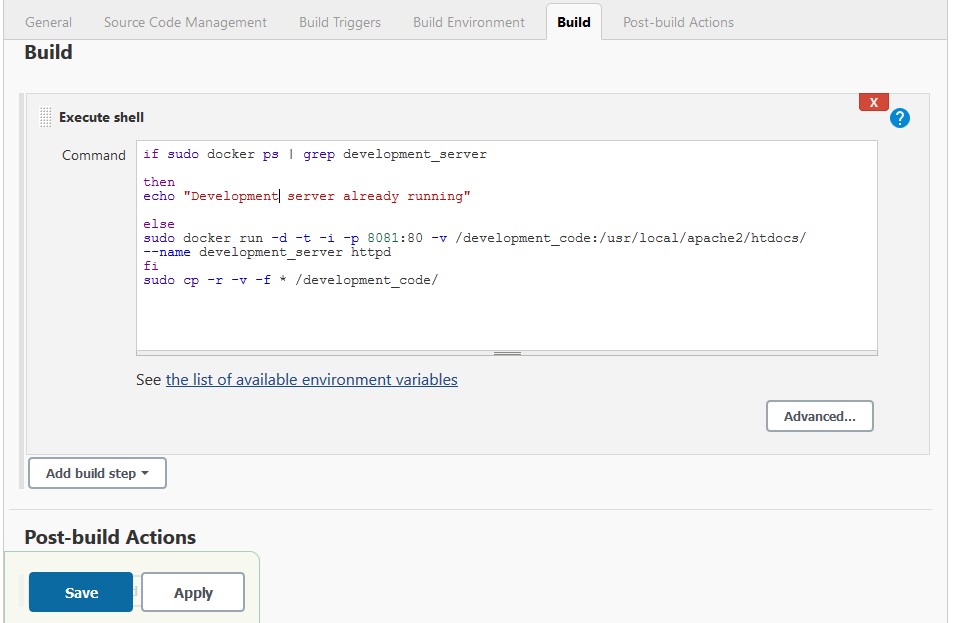DevOps | Continous Integration with GIT | DOCKER | JENKINS for web application Deployment
In This Tutorial we will Implement the end-to-end Automation of our Web application Using Jenkins, Docker and Git by integrating them.
Prerequisites:
1) Jenkins
2) Docker
3) Git
4) Github account
5) REHL v8
I am assuming that you already have all the above requirements fulfilled . If not please check on google to how to setup Jenkins, Docker, Git and Github account and Redhat v8
Step 1:
1) Go to your Redhat OS and inside terminal start the jenkins and docker service by using following command
* systemctl start jenkins
* systemctl start docker
2) Create a directory (You can name it anything)
* mkdir devops-jenkins-docker-git
Step 2:
1) Go to your Github account and there create a repository you can name it anything (devops-jenkins-docker-git)
1) Now in your redhat system go and clone the repo you created on your github account
* git clone https://www.github.com/{your account name}/devops-jenkins-docker-git
2) Now we need to create a hook inside .git folder so that whenever we commit any changes it automatically gets pushed to our github repo
Webhook for jenkins job trigger
* cd devops-jenkins-docker-git
* cd .git/hooks
* Edit the post-commit.sample file using mv post-commit.sample && vim post-commit
* if you don't have that file already use touch post-commit and then vim post-commit
* if you don't have that file already use touch post-commit and then vim post-commit
* Then add this line inside that file
#!/bin/bash
git push
* Now save this file
Step 4:
we need to create a new branch inside our repository that is dev1
we already have a branch known as master branch and we are creating a 2nd branch dev1. so that we will have a testing branch in which we keep our code for testing and development purpose
* git branch dev1
Step 5:
Now go to jenkins web UI using http://localhost:8080
First of all we need to install some plugins inside jenkins which will help us in integration with github
Install github plugin in jenkins by going inside manage jenkins then manage plugins
Step 6:
Now this is an important part we need to create our 1st job
There are total 3 jobs we need to create
Now we need to use poll scm to check every minute the changes inside our repository
Now create two directories
mkdir production_code
mkdir development_code
You need to Execute the following commands inside Build section
if sudo docker ps | grep production_server thenecho "Production server already running" else sudo docker run -d -t -i -p 8081:80 -v /production_code:/usr/local/apache2/htdocs/ --name production_server httpdfisudo cp -r -v -f * /production_code/
Step 7:
Now we need to use poll scm to check every minute the changes inside our repository
You need to Execute the following commands inside Build section
if sudo docker ps | grep development_server thenecho "development server already running" else sudo docker run -d -t -i -p 8081:80 -v /development_code:/usr/local/apache2/htdocs/ --name development_server httpdfisudo cp -r -v -f * /development_code/
Setp 8:
Now we need to Create our 3rd and final job which will merge the two branches the master branch and dev1 branch after the confirmation from QTA team
Now setup the build trigger for job2 whenever job1 is successfully
executed
Now we need to Create our 3rd and final job which will merge the two branches the master branch and dev1 branch after the confirmation from QTA team
Now setup the build trigger for job2 whenever job1 is successfully
executed
That is it now we have end-to-end integration.
Now whenever the QAT team thinks that the code of developer in dev1 is to be used then the two branches will merge together and the changes done in dev1 will appear in master branch and will be deployed to Docker production server
If you require code then you can visit the above link and read the README.md file
Now whenever the QAT team thinks that the code of developer in dev1 is to be used then the two branches will merge together and the changes done in dev1 will appear in master branch and will be deployed to Docker production server
If you require code then you can visit the above link and read the README.md file
Conclusion
There are many use cases we can implement using this GIT | DOCKER | JENKINS
Github Link
https://github.com/Moiz-Ali-Moomin/devops-jenkins-docker-git.git


















Comments
Post a Comment